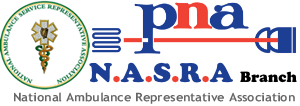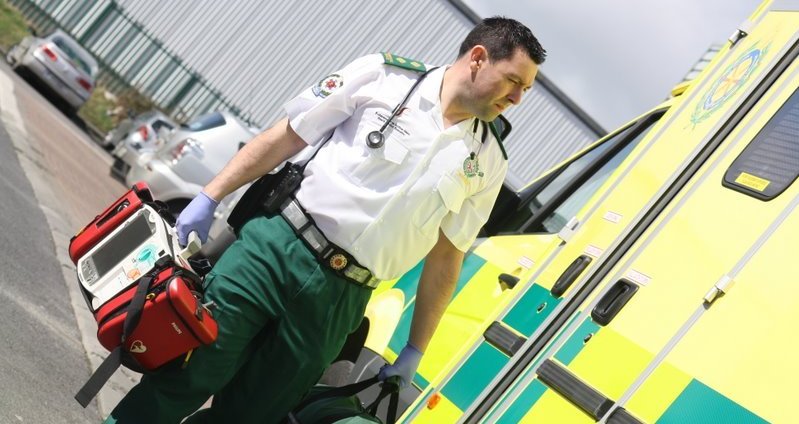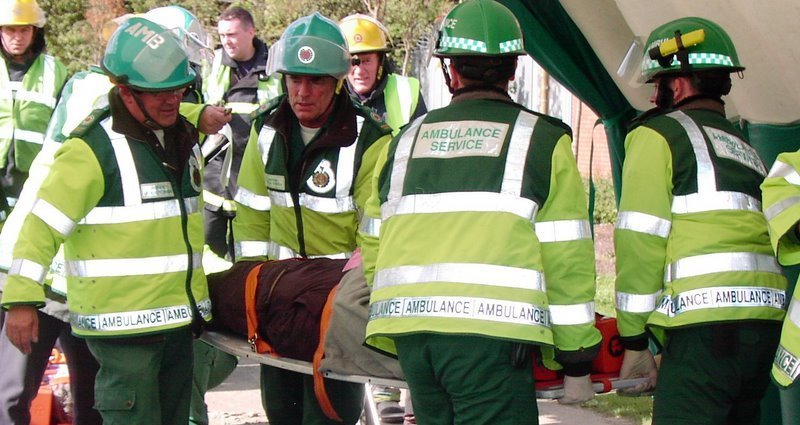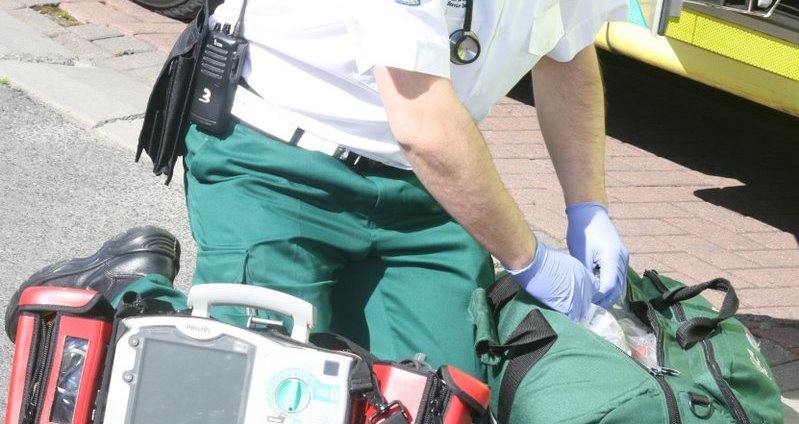
Frontline EMTs continuing to receive incorrect payslips and ongoing issues must be resolved urgently
The ambulance branch of the Psychiatric Nurses Association (PNA), said today (Wednesday 2nd Sept) that frontline EMTs (Emergency Medical Technicians ) are continuing to receive incorrect pay slips with payments missing despite assurances from the National Ambulance Service that it had resolved staff shortages in its payroll section.
PNA ambulance branch (NASRA) Secretary, Tony Gregg said that despite the NAS being aware two weeks ago of staff shortages that were impacting on the processing of payments to EMTs they did nothing to resolve the situation and were prepared to allow frontline EMT’s to go without these payments.
“These EMTs are frontline workers who have put their safety, and that of their families, on the line in responding to the Covid -19 crisis. They have shown extraordinary bravery and commitment to the health service and the community in the work they have undertaken since the start of the Covid crisis. Despite this, the HSE and the National Ambulance Service allowed the situation to develop and, because of the lack of payroll staff, EMT’s did not have their allowances or overtime processed and paid.”
“Despite assurances that this situation had been resolved, we have been informed today (Wednesday), following the receipt of online payslips, that EMT NASRA members have not been paid fully. We would seek that these payslips are reissued immediately with correct payments recorded. At a time when these EMTs are working in highly demanding and stressful situations, in response to Covid-19, the very least they can expect from the HSE and NAS is that their allowances and overtime would be recorded and paid correctly. In not doing so, the employer has jeopardised our members financially, with many fully dependent on these payments to support their families and pay their mortgages”.
“These members must be assured that corrective action is being put in place, so this situation is not repeated. Members who are putting themselves forward at great risk must, at the very least, be paid for what they worked for.”
ENDS





